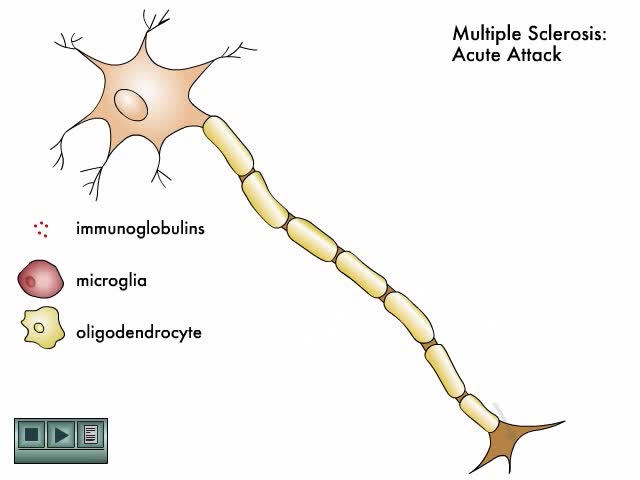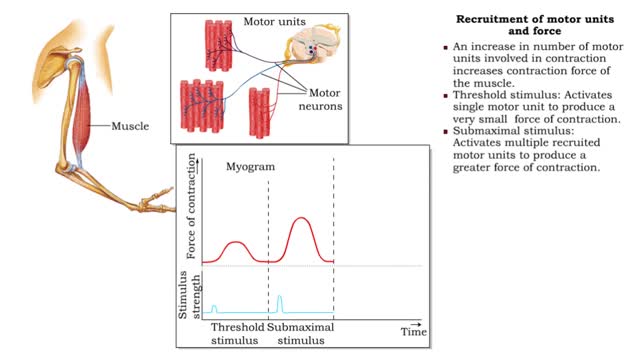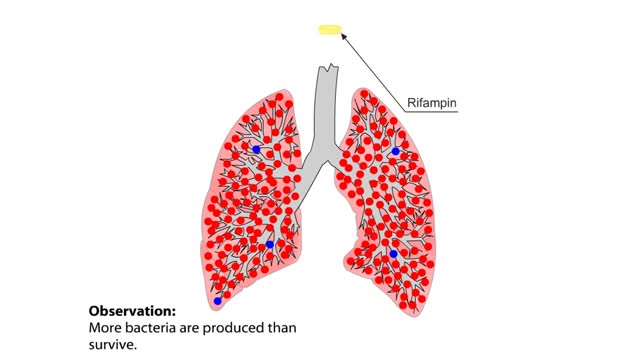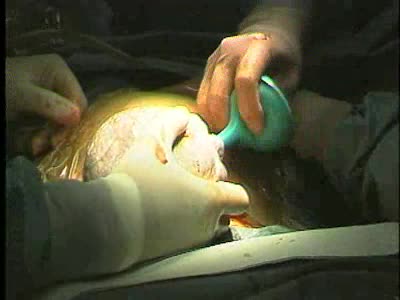Search Results
Results for: 'Mental Health'
By: Administrator, Views: 16310
Audiology is a branch of science that studies hearing, balance, and related disorders. Audiologists treat those with hearing loss and proactively prevent related damage. By employing various testing strategies (e.g. behavioral hearing tests, otoacoustic emission measurements, and electrophysiolog...
By: Administrator, Views: 463
Circumcision is the removal of the foreskin from the human penis. In the most common procedure, the foreskin is opened, adhesions are removed, and the foreskin is separated from the glans. After that, a circumcision device may be placed, and then the foreskin is cut off. Topical or locally inject...
Interview with Person having Obsessive Compulsive Disorder
By: Administrator, Views: 14586
Obsessive–compulsive disorder (OCD) is a mental disorder in which a person feels the need to perform certain routines repeatedly (called "compulsions"), or has certain thoughts repeatedly (called "obsessions"). The person is unable to control either the thoughts or activities for more than a sh...
By: Administrator, Views: 14945
Multiple sclerosis (MS) is a demyelinating disease in which the insulating covers of nerve cells in the brain and spinal cord are damaged. This damage disrupts the ability of parts of the nervous system to communicate, resulting in a range of signs and symptoms, including physical, mental, and so...
Frequency of stimulation and force (Recruitment of motor units and force)
By: HWC, Views: 11950
• Muscle tension depends on the frequency of stimulation. • Muscle twitch: First stimulus. • Wave summation: When a second stimulus excites a partially relaxed muscle, producing a stronger contraction. • Unfused tetanus: Successive stimulations at the same frequency, producing a se...
Mycobacterium tuberculosis: Drug Resistance and Natural Selection
By: HWC, Views: 10479
The evolution of drug resistance in microorganisms, such as M. tuberculosis, that cause human diseases is of particular concern to biologists. When Mycobacterium tuberculosis infects the lungs of humans, it causes the disease tuberculosis, also called TB. Once infected, the lungs act as a new...
By: Administrator, Views: 14666
Alzheimer's disease (AD), also referred to simply as Alzheimer's, is a chronic neurodegenerative disease that usually starts slowly and gradually worsens over time. It is the cause of 60–70% of cases of dementia. The most common early symptom is difficulty in remembering recent events. As the d...
What Are Carbohydrates? Importance of Carbs & High Carb Food
By: HWC, Views: 11830
We hear a lot about carbohydrates in the news. Everybody seems to be on a low-carb diet. The news media often has stories on this diet fad, and companies are busy producing products with reduced carbohydrates. What's this fascination with carbohydrates? In a word: "Diet." The fact is that carb...
By: Administrator, Views: 490
Caesarean section, also known as C-section, or caesarean delivery, is the use of surgery to deliver babies. A caesarean section is often necessary when a vaginal delivery would put the baby or mother at risk. This may include obstructed labor, twin pregnancy, high blood pressure in the mother, br...
Advertisement











